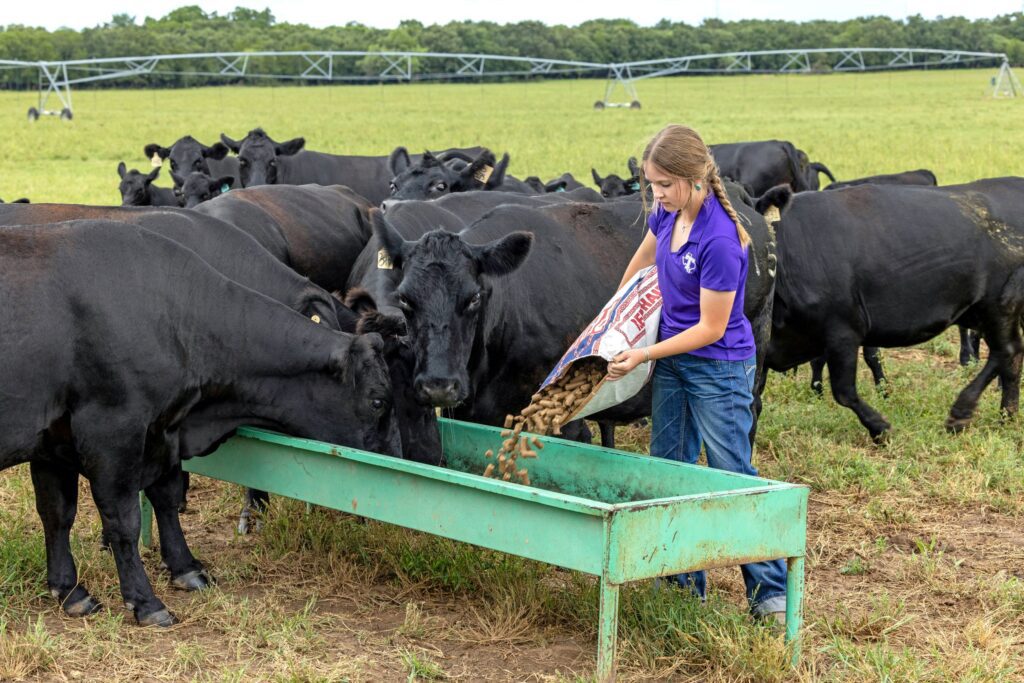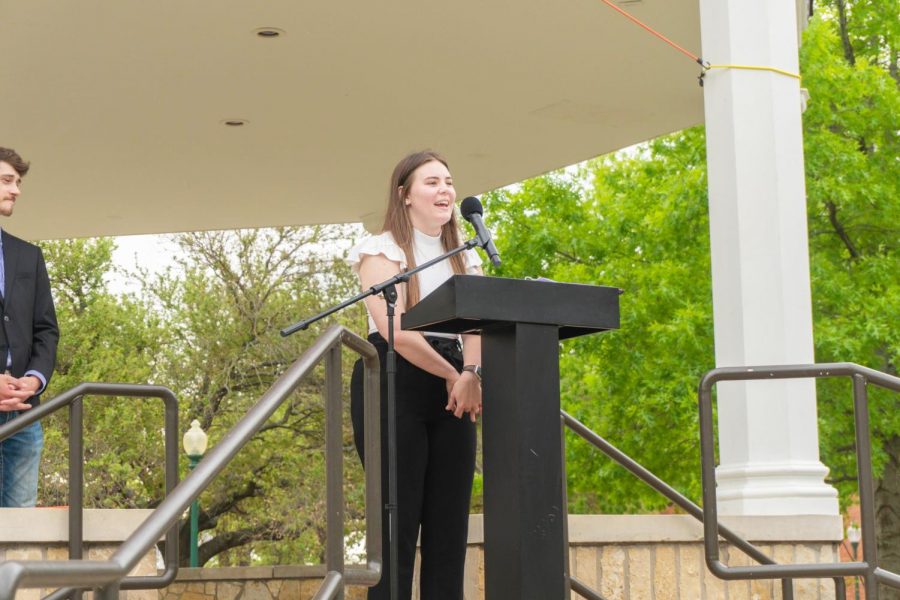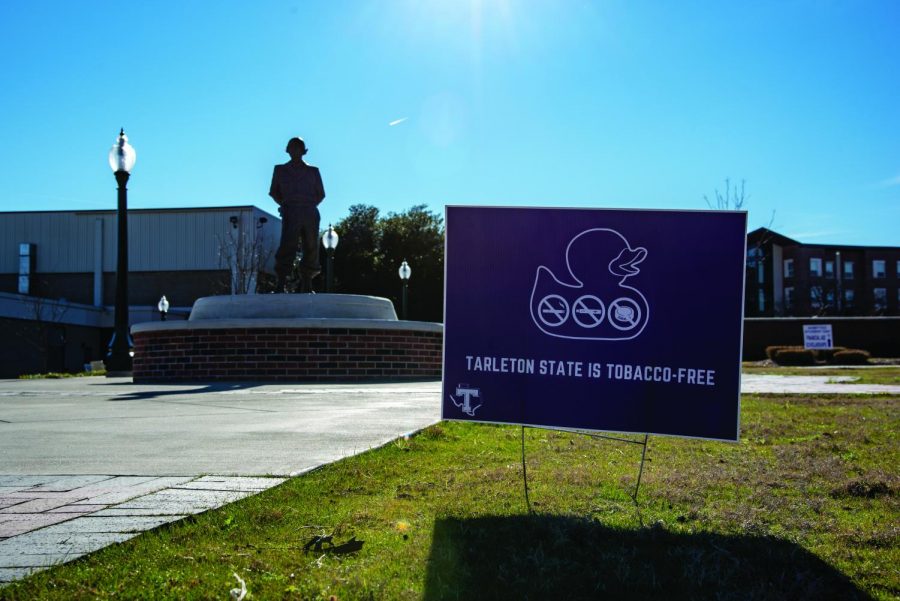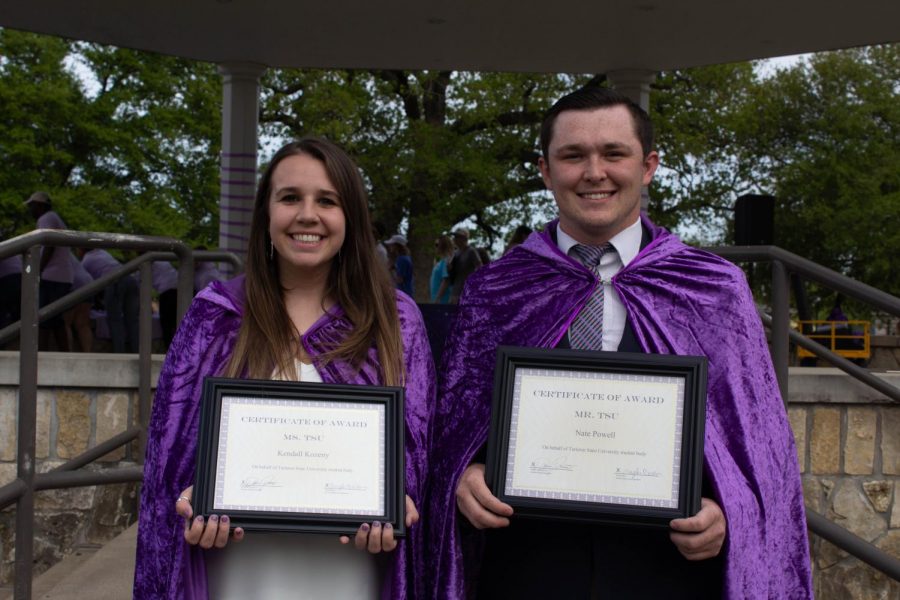Tarleton State University offers a multitude of agricultural classes that equip students with the knowledge and skills needed to become involved in the changing world of production agriculture.
Sustainable agriculture promotes sustainability by balancing economic viability, societal well-being, food and fiber provision, and environmental conservation. These innovations include aquaponics, crop rotation, urban agriculture, organic farming, and more.
The growing population in Texas and the United States has resulted in the detrimental loss of land for agricultural use.
“In the 20 years from 1997-2017, Texas lost about 2.2 million acres of working lands,” the Texas A&M Natural Resources Institute said.
Losing 2.2 million acres means that the food production from that acreage is gone forever.
“The United States has removed, on average, 4.3 acres of farmland from agricultural production every minute of every day for the last 22 years,” Farmland Partners said.
Advanced research, technology, and innovations have opened the door to new opportunities that production agriculturists can use to supply our food.
Dr. Barry Lambert is the Dean of the College of Agriculture and Natural Resources. Lambert shares his opinions on sustainable agriculture and how Tarleton State is preparing students to become the agriculturists that will change the future of production agriculture.
“Agriculture by its very nature has a tremendous focus on sustainability,” Lambert said. “Science has provided a lot of new information to improve not only the sustainability of agriculture, but also the efficiency. Improvements in sustainability and efficiency allow our industries to feed a growing population at a reduced cost with a shrinking land base for agricultural production; all of which are critical for long term success of human civilization.”
The College of Agriculture and Natural Resources offers many courses to provide students with the skill set and knowledge to incorporate these methods into production agriculture. Aquaponics, Regenerative Agriculture Systems, Greenhouse and Nursery Management, Organic Agriculture, and Soil Nutrient Cycling are classes in the Department of Wildlife and Natural Resources. These courses offer insight and techniques that students can apply to their careers to promote sustainable agriculture.
In the Departments of Animal Science and Agricultural Education and Communication, classes are available for students to learn different management practices to increase production with less agricultural land. Sustainable Animal Production, Food Quality Assurance, Biotechnology in Agriculture, Environmental Stewardship in Animal Agriculture and Land Surveying and Soil/Water Conservation Practices open the door to understanding the innovations that have been introduced into the ever-evolving agriculture industry.
“The faculty and staff in the College of Agriculture and Natural Resources at Tarleton are focused on providing students with real-world hands-on opportunities to make the first day career ready. The skills they learn here will help them find success in their careers,” Lambert said.
Tarleton State is preparing students to become leaders in the agriculture industry by offering courses related to sustainable agriculture.
See the Tarleton State University Course Catalog for more information on the courses that equip students with the skills to maintain the agriculture industry and food production.









